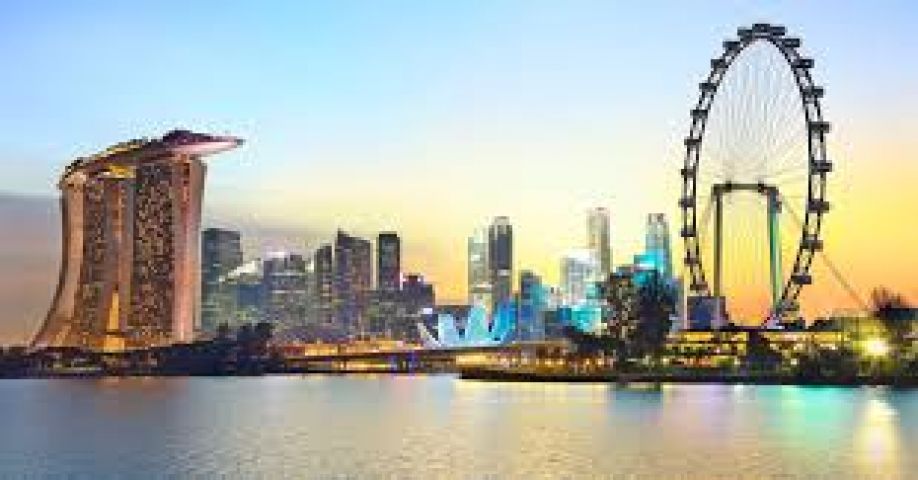
China has been tightening its grip on Hong Kong. Then there are the increased restrictions on Hong Kong’s financial practices, such as a 2016 crackdown on sales of certain types of insurance products to mainland Chinese. The products pay dividends over a number of years and are essentially viewed as investments—and potentially a way to send money out of China and evade capital controls. “The Hong Kong market is now heavily affected by mainland China,” says Guan Huanyu, president of Beijing-based wealth manager Zhenghe Holdings, who attended the Sentosa event.
While Hong Kong’s Securities & Futures Commission doesn’t break down the origin of funds, its data show that growth in the city’s private banking business has been slowing. Hong Kong logged 10.7 percent growth in private banking assets under management in 2016, down from 18 percent in 2015.
Singapore has additional attractions for the wealthy of China. Mandarin is one of its four official languages, and it has world-class health facilities and international schools. Not far from the Shangri-La Hotel, Sentosa’s casinos are a popular draw for Chinese tourists. Mainland Chinese were the largest foreign buyers of luxury properties in Singapore during the first half of last year, according to consultancy Cushman & Wakefield. Real estate is far cheaper than in Hong Kong.
But mainly, the rich like to diversify—not only among asset classes, but among political regimes. “Most of our clients have undergone a shift from poor to rich,” says Kou Quan, vice president at Tianjin-based Xinmao S&T Investment Group. “And they’re all worried about becoming poor again.”
Courtesy of bloomberg.com